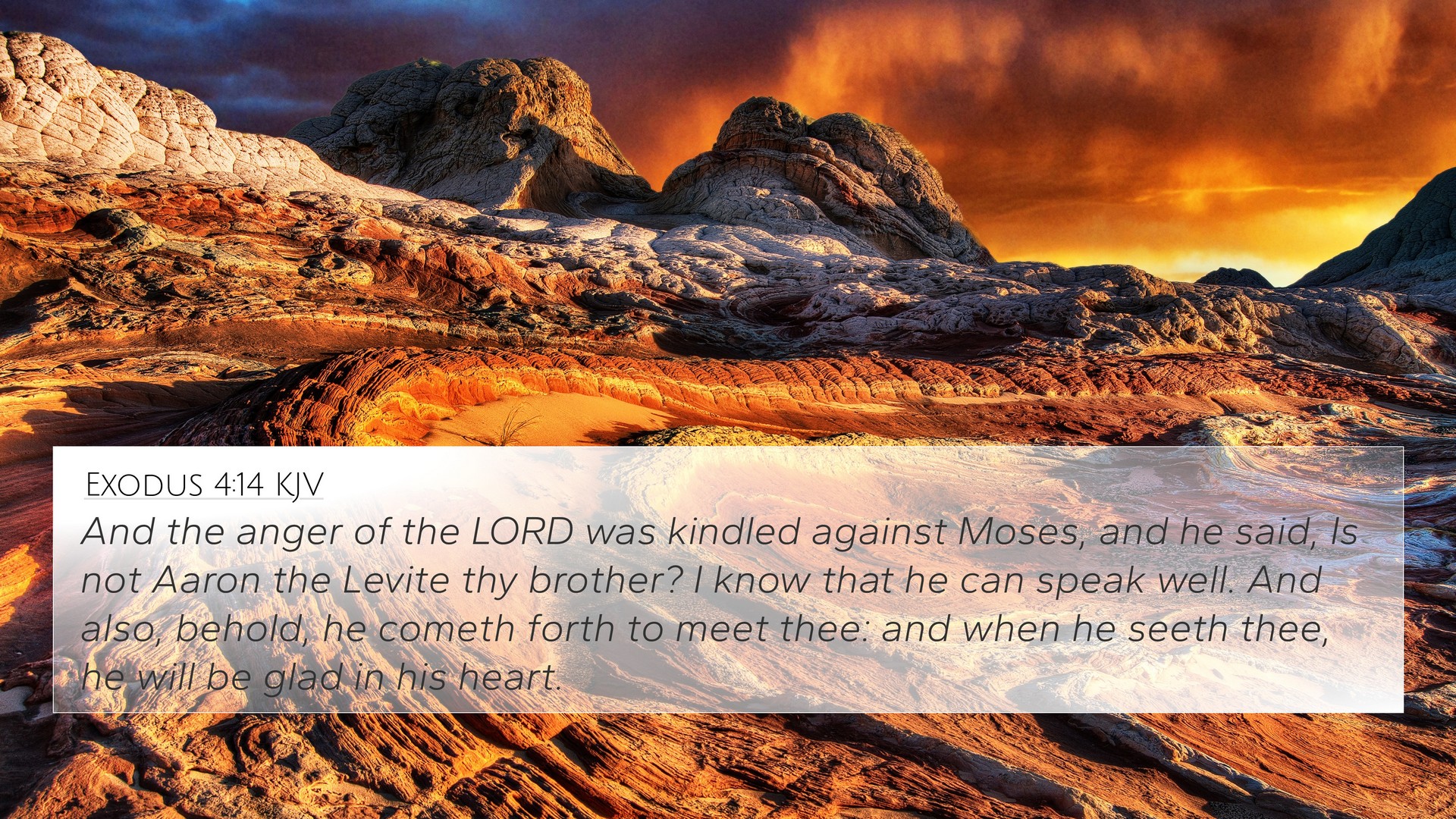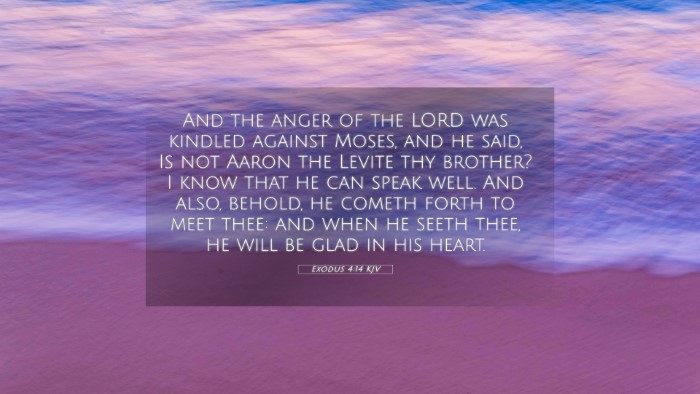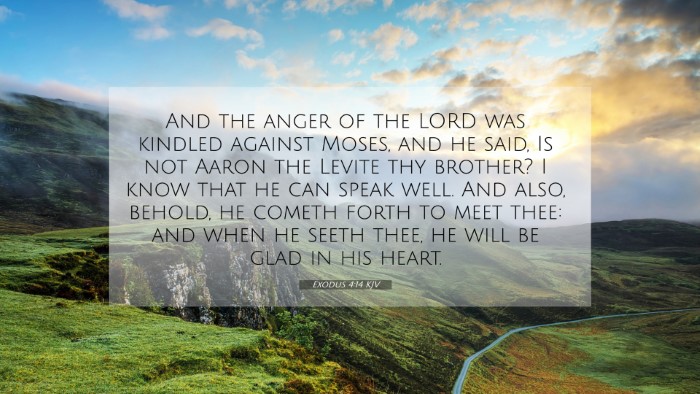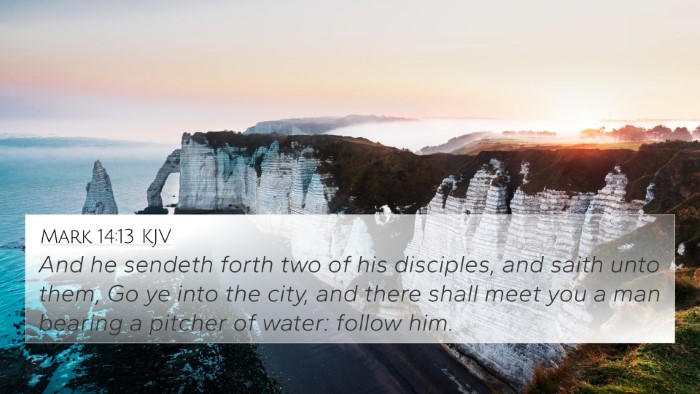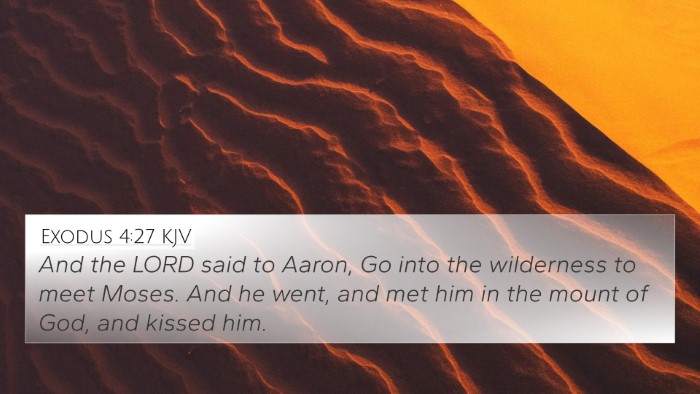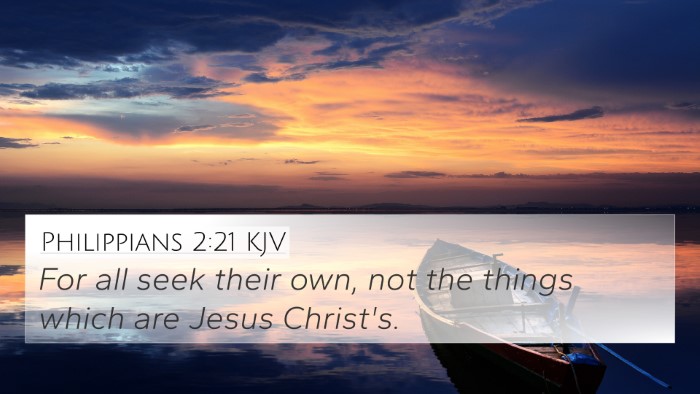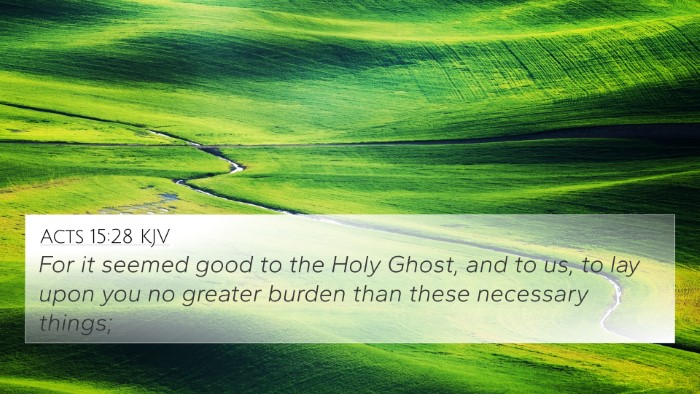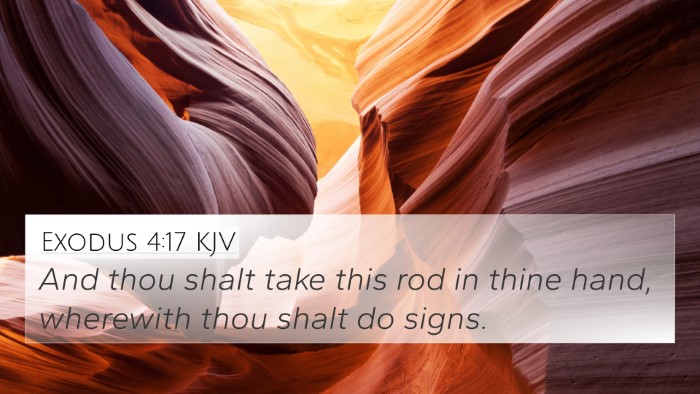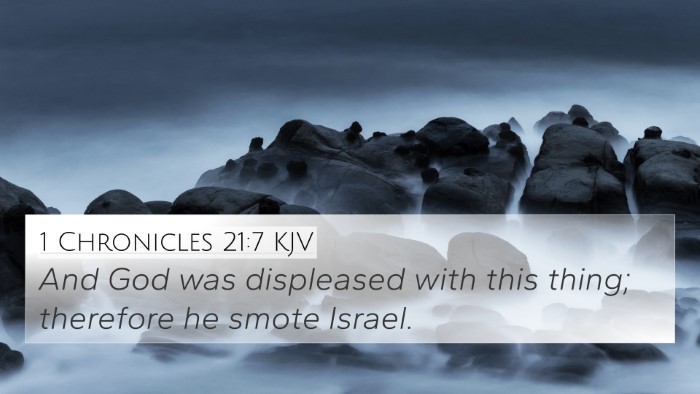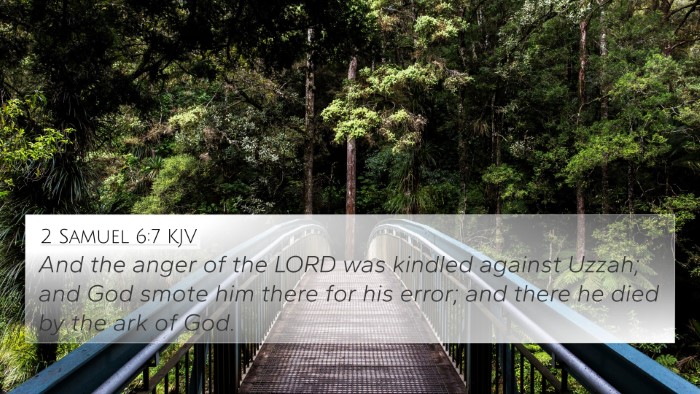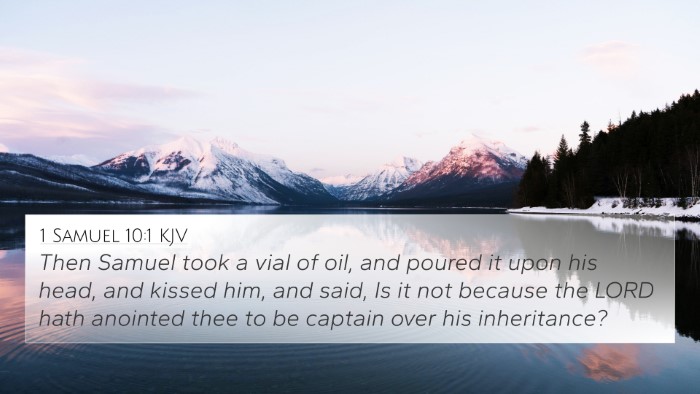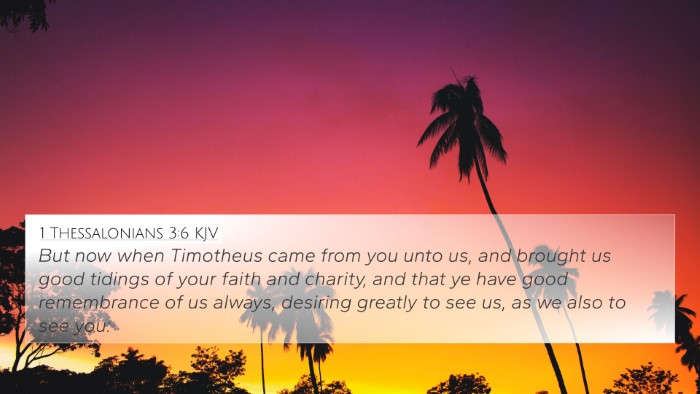Exodus 4:14 - Meaning and Interpretation
Exodus 4:14 reads, "And the anger of the Lord was kindled against Moses, and he said, Is not Aaron the Levite thy brother? I know that he can speak well. And also, behold, he cometh forth to meet thee: and when he seeth thee, he will be glad in his heart."
This verse marks a pivotal moment in the narrative of Moses' call. It reflects God's readiness to meet Moses' hesitations with provisions and reassurances.
Summary of Insights
-
Moses' Reluctance: Moses expresses doubts about his ability to speak to Pharaoh, revealing his feelings of inadequacy and fear.
-
Divine Response: The anger of the Lord indicates God's frustration with Moses’ lack of faith. God responds with the assurance of support, highlighting the importance of faith in divine calling.
-
The Role of Aaron: Aaron is introduced as a helper, emphasizing that God equips those He calls. This shows a recurring theme throughout Scripture where God provides allies and resources for His servants.
Cross-Referencing Biblical Texts
To deepen the understanding of Exodus 4:14, we can explore various biblical cross-references that highlight similar themes of divine assistance, human reluctance, and God's anger:
-
Exodus 3:10: God's command to Moses to lead the Israelites out of Egypt.
-
Numbers 12:1-2: The significance of Aaron and his role during the Exodus.
-
Jeremiah 1:6-9: Another example of a prophet expressing inadequacy and receiving divine support.
-
Romans 12:4-8: The concept of the body of Christ working together, akin to Moses and Aaron’s partnership.
-
Isaiah 6:5-8: Isaiah’s response to God’s call and his feeling of unworthiness, similar to Moses'.
-
1 Corinthians 12:7-11: Spiritual gifts and assembling of believers in ministry, reflecting the support God provides.
-
Matthew 18:20: Where two or three are gathered in Jesus’ name, emphasizing the importance of companionship in mission.
Connection and Themes
The connection between these verses offers valuable insights into God's methods of calling and enabling His people for great tasks.
The tensions between human fear and divine empowerment are prevalent throughout Scripture. Our study reflects a few significant themes:
- The Call of God: Each narrative illustrates how God calls individuals in their moments of hesitation.
- Human Limitation: Highlighting the common perception of inadequacy when faced with God's call.
- Divine Provision: The promise of divine assistance and tools for accomplishing God's plans.
Thematic Bible Verse Connections
Exodus 4:14 also emphasizes the interconnectedness of Bible verses, showcasing how themes weave through both the Old and New Testaments.
Breakdown of thematic connections:
- Support Systems: Just as God gives Moses Aaron, the New Testament reinforces this through the Church's role.
- God’s Patience: The repeated instances of God’s patience with His servants reflect His love and grace.
- The Importance of Communication: Effective leadership often requires delegation, as evidenced by Moses and Aaron.
Comparative Bible Verse Analysis
This comparative analysis reveals a rich tapestry of insights:
-
God's Continual Call: Similar to how God approached Moses, He also called the apostles, often addressing their feelings of inadequacy.
-
Anger and Grace: Just as God's anger arose with Moses, similar expressions are found in the New Testament, yet they are often paired with grace and the promise of help.
-
The Role of Helpers: Highlighting the necessity of partnership in God's plan throughout Biblical history.
Tools for Bible Cross-Referencing
To further explore the connections in Exodus 4:14 and related texts, consider these tools:
- Bible Concordance: Helps find verses by keywords, useful in identifying related scripture.
- Bible Cross-Reference Guide: A structured way to connect themes and messages across different books.
- Cross-Reference Bible Study: Structured methods to study passages in relation to each other.
Conclusion
Exodus 4:14 is a vital text that encapsulates God's approach to human weaknesses while showcasing the pathways of faith.
Through cross-referencing, thematic connections, and comparative studies, readers can glean deeper insights about their relationship with God.
This verse reminds us that we are never alone in our calling; we have partners, friends, and God Himself walking beside us.
